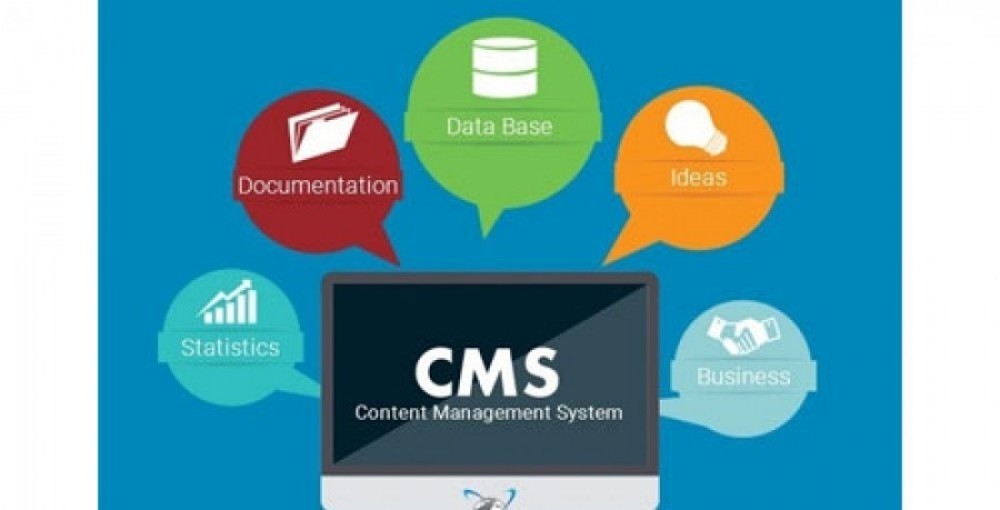
What is Content Management System (CMS)?
CMS stands for Content Management System. It is a term and has not been endorsed with a solid definition. A CMS can have multiple meanings depending on the scenarios and the person's or project objectives.
An organization named AIIM (Association for Information and Image Management) claimed the acronym ECM (Enterprise Content Management) and WCM (Web Content Management) as their creation and came up with their own definition that suites their organization's services. AllM changed their definition of ECM a few times and submitted their definitions to Wikipedia, which is now published.
Content Management System (CMS)
The definition of a CMS is an application (more likely web-based), that provides capabilities for multiple users with different permission levels to manage content, data or information of a website project, or internet/intranet application.
In other words, managing content refers to creating, editing, archiving, publishing, collaborating on, reporting, distributing website content, data and information.
When someone refers to CMS, he/she is referring to a web application that provides capabilities for multiple users with different permission levels to manage web page (content) without the need to have HTML knowledge.
Enterprise CMS (ECM/ECMS)
When someone refers to Enterprise Content Management System (ECM/ECMS), he/she may be talking about any of the following definitions:
It is an application with a credible track record designed to serve and support the needs of a large size organization or a large scale Content Management System.
Moreover, an application with multiple functionalities that provides a full-scale Content Management System tailored for a company's organization and processes.
An application that provides the tools and capabilities to manage, store, and deliver content and documents tailored for a company's internal organization, workflow and processes.
Purpose of Content Management System (CMS)
The main purpose is to provide the capability for multiple users. Hence, this includes different permission levels to manage a website or a section of the content.
For example, you can take a website which has Articles, Blogs, Press Releases, Store, Events and assign each section or a part of a section to user(s) to create, edit, and archive.
Pitfalls and Misconceptions of Content Management System (CMS)
1. One of the largest misconceptions about CMS is that it is the main ingredient for a website's success. That is completely untrue. A CMS should make it easy for a website owner or webmaster(s) to manage and distribute content. However, a website's success has nothing to do with CMS. It has to do with the quality of content, quality of services, marketing and many other factors.
2. The second misconception about CMS is that it will eliminate a need for hiring a web developer or programmer to make changes to a website. That is not true in many cases.
3.One of the important ingredients for a website's success is to build a brand that users can remember and refer.
